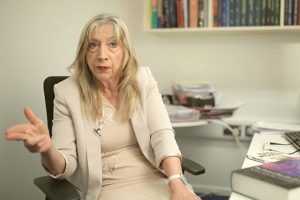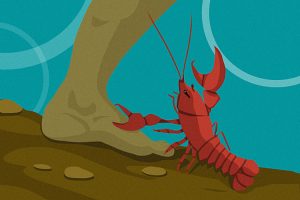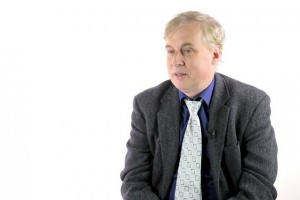Hot and Cold Cognition
Neuropsychologist Barbara Sahakian on risky decision-making, two forms of cognition that people use, and the ...
Is there any information in the cell nucleus besides DNA? Why is the molecular machinery behind brain function still unknown? Professor of Molecular and Cellular Biology at Harvard University Catherine Dulac speaks on the brain function, chromatin and their relationship.
People who’ve been studying chromatin and gene regulation realized relatively recently that there is information not only in the DNA itself but also in chromatin. And in particular, some essential constituents of the chromatin called histones, the histone molecules, around which the DNA is wound, are themselves carrying some information by being modified as part of networks of gene regulation. Some histone modifications help to silence a gene or repress its expression.
We really lack the direct proof that these changes are mechanistically involved in memory, in learning. And this is very difficult to do. If you’re working with let’s say fibroblasts or muscle cells you can observe them in a dish and you can do all sorts of manipulations that will prove [the existence of] a direct functional link between the change in them and the change in cellular properties. But here you are dealing with a neuron and, what’s more complicated, you are dealing with a set of neurons organized in a particular area of the brain. And so experiments are much more difficult to do, and we are really lacking some of the tools to precisely change one of these chromatin modifications and see what’s happening to brain function.
The key puzzle is that these chromatin changes occur throughout the genome, they can affect every single gene. But they don’t. They affect only specific genes. And what we really don’t understand is how is the cell able to select which genes will be modified by a specific histone change, for example, or DNA methylation.

Neuropsychologist Barbara Sahakian on risky decision-making, two forms of cognition that people use, and the ...

Healthy cells can be prevented from turning into cancerous cells via manipulation of “noise” component in cell...

Biologist Steven Benner on the questions answered by paleogenetics, how laboratory work in the field is conduc...